In the last Bites of Knowledge, we touched on the properties of MCT oil. Since coconut oil also contains medium-chain triglycerides (MCTs), today we will compare coconut oil and MCT oil in an overview.
Coconut oil vs. MCT oil – The daily bite of knowledge

Du möchtest dich auch gesünder ernähren?

| Property | Coconut oil | MCT oil |
|---|---|---|
| Fatty acid composition | 45-53% lauric acid (C12)
8-10% palmitic acid 17-21% myristic acid 5-10% oleic acid 5-10% caprylic acid (C8) 5-8 % Capric acid (C10) 2-4 % stearic acid 1-3% linoleic acid |
Depending on the product changing ratio of
Lauric acid (C12) “XCT oil” contains only capric and caprylic acid, |
| Source | Coconut meat | Coconut oil and/or palm oil, depending on the manufacturer. |
| Application | Roasting, baking, refining hot dishes & drinks. | For dressings, to refine cold or hot dishes or drinks. Not suitable for frying, for baking only at not too hot temperature. |
| Starts smoking at | 190 ° C | 120 ° C |
| Melts at | 23-26 ° C (liquid in summer) | -5 °C (liquid at room temperature) |
| Effect on the body | Has antibacterial effect, contains traces of vitamins and minerals. | Lauric acid: deters ticks and has antimicrobial effects, but most often causes digestive problems of all medium-chain fatty acids.
Capric acid: Has a particularly positive effect on thermogenesis and thus energy consumption and ketone body formation – “metabolic effect”. Caprylic Acid: Acts primarily on ketone body formation and may eventually cross the blood-brain barrier to serve as an energy source – “brain boosting effect”. Caproic acid: No known special effect. |
There is no “better” or “worse” here. Both have different properties. The proportion of fatty acids, which have a stimulating effect on the metabolism and promote the formation of ketone bodies, is higher in MCT oil (it is best to contain only C10 and C8 here). For this you can bake with coconut oil, fry and still have a few vitamins and minerals at the start.
Always stay up to date with our Newsletter.
The daily* bite of knowledge
This new section is intended to provide a brief look at topics in nutrition science.
(* almost daily)
Similar posts by Foodpunk

How are carbohydrates structured?
Sure! Carbohydrates are pasta, rice, potatoes. Everybody knows it! But do you really know what a carbohydrate molecule looks like?
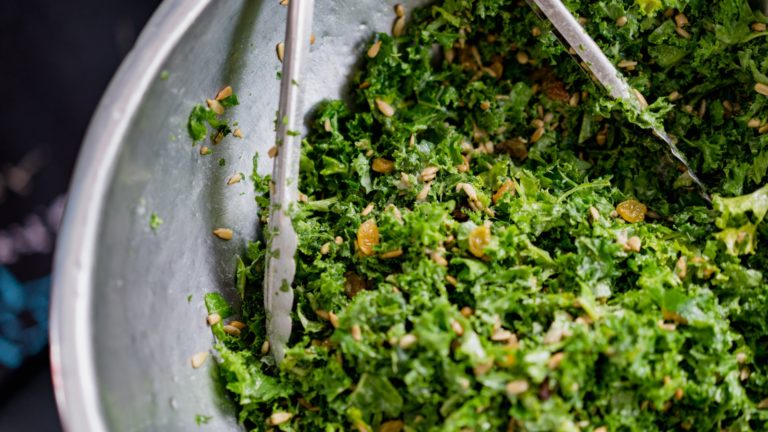
5 tips for a bear strong immune system
If you want to give your immune system a real power boost, take these 5 food punk tips to heart.
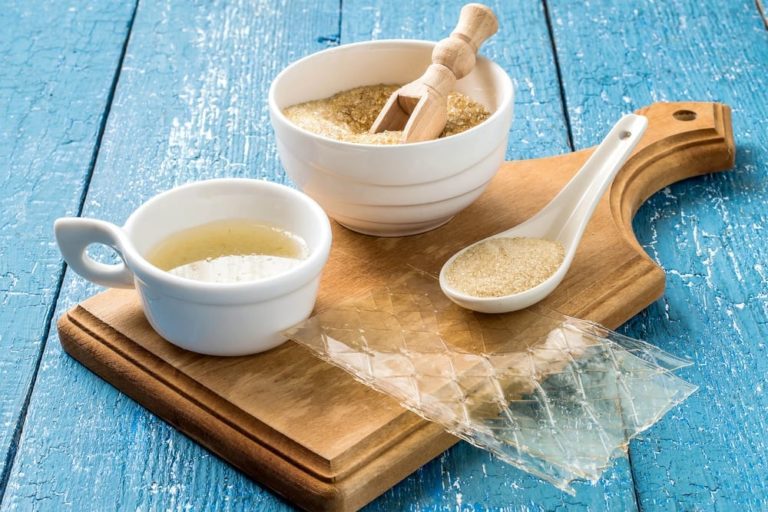
Gelatin vs. collagen – what is the difference?
Gelatin and collagen, both have something to do with connective tissue, but what again exactly? Kick yourself into our article and learn more.

Why cheese is addictive – The daily bite of knowledge
Many people are ready to change their diet. They are willing to try new ways and give up certain foods. Except one. Very often I hear "Yes, but... not without my cheese!"

Which foods are suitable for the ketogenic diet and which are rather inappropriate, we summarize for you in this article!
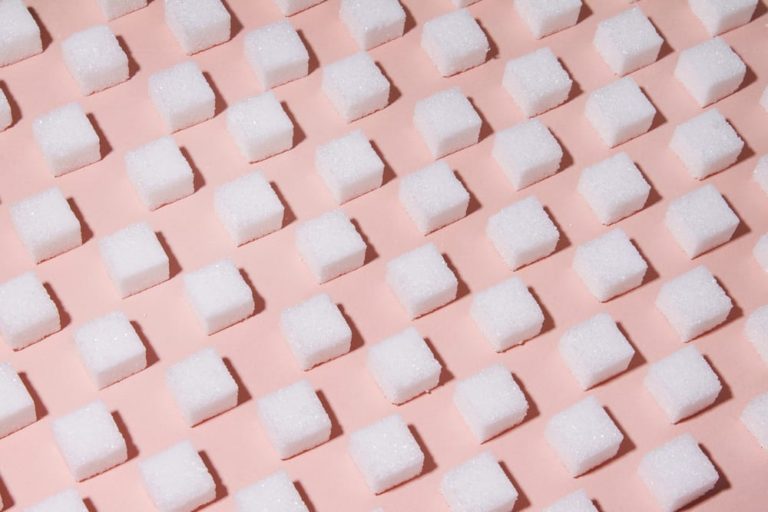
Why you should give up sugar from now on
Give up sugar? There are many good reasons. Your blood work, weight and mood will thank you!
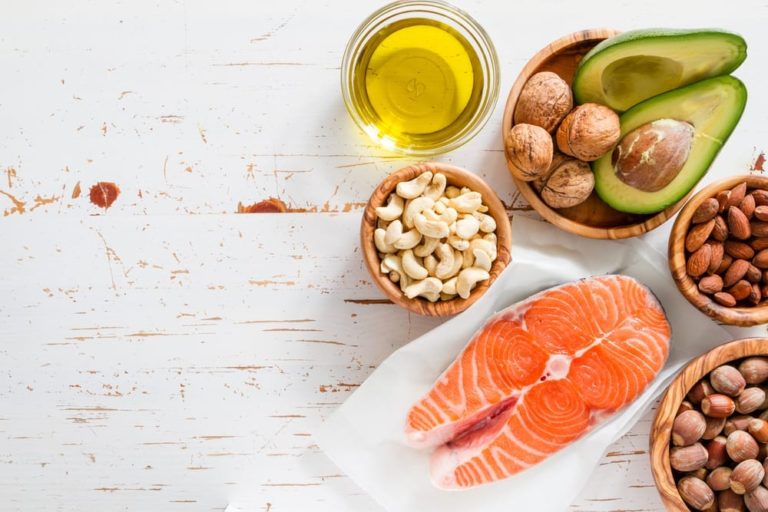
The best sources of fat – The daily bite of knowledge
Fat is a great source of energy. If you are on a low carbohydrate diet, you should by no means eat low fat. Because especially in a low carb diet, the body needs the energy from high-quality fatty acids. But not all fat is the same.
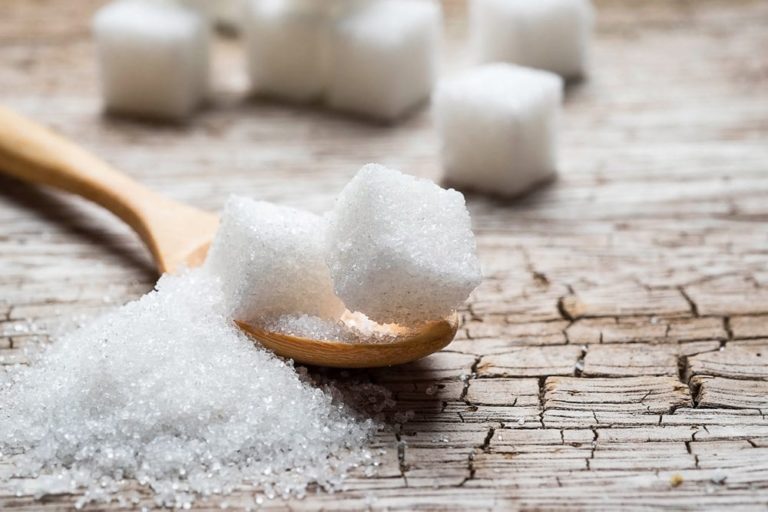
Let's be clear. Does our brain need carbohydrates now? Or not?
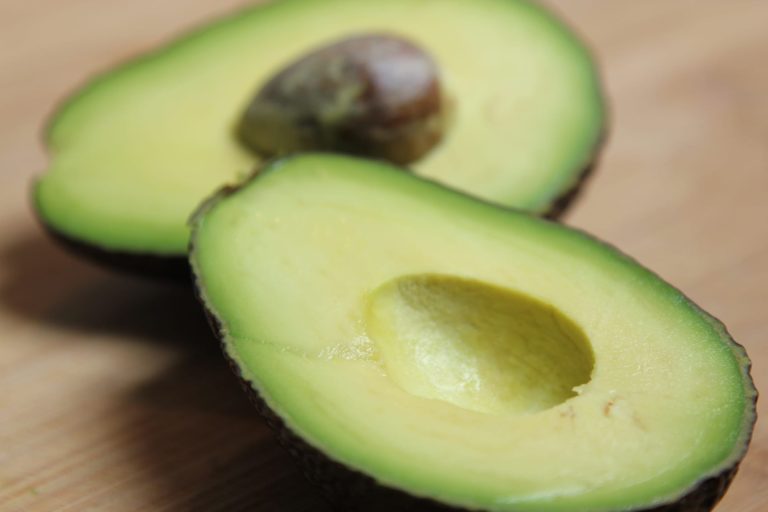
Who invented the ketogenic diet?
No, the ketogenic diet is not a newfangled phenomenon for losing weight. It is not a crash diet or a passing trend.